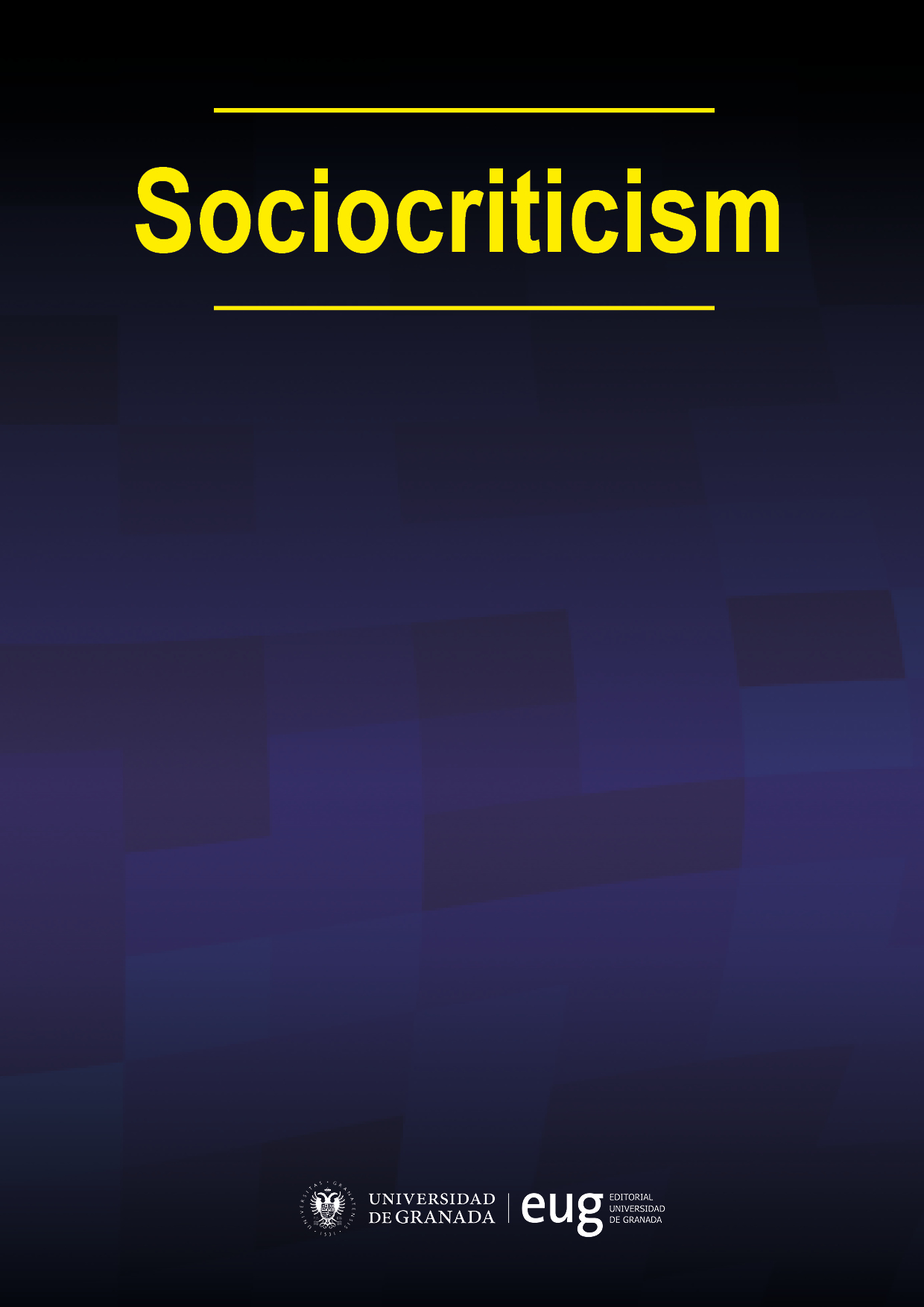El feminismo más crítico de los años 20 en España: Los peligrosos artículos de Magda Donato
Keywords:
Magda Donato, feminism, liberation, the 20s, journalismAbstract
Around the mid- 20s in spain a process of acculturation of women was to take place that would lead to major changes with regard to their active participation in society. Women would begin to become aware of themselves, of their own potential and, at the same time, their disadvantaged position when compared to men. This situation leads to the awakening of the critical sense as women- they no longer wish to contemplate the reality, but now want to intervene. The female reflection on the world that she can scarcely affect will be gaining ground and becoming more important, as shown in the journalistic work of the playwright carmen nelken, better known by her pen name, Magda Donato. her thinking, within the framework of a more critical feminism than their contemporary, has been virtually ignored and forgotten for years. Therefore, it requires a look back in order to establish the ideological parameters on which rests its position on the current model in the early decades of the last century, as evidenced by the number of articles published in spain in 1920. Donato uses the word to demonstrate the lack of real champions of feminism in spain that can lead this movement of liberation and social integration of women into the way of coherence and effectiveness, especially among those who occupy important positions in the political arena . This happens at a time when feminist women's organizations have proliferated considerably but without a real awareness of what it meant to the struggle for equality that for Magda Donato was closely related to the achievement of the right to vote that would ensure better working conditions and access to culture.












